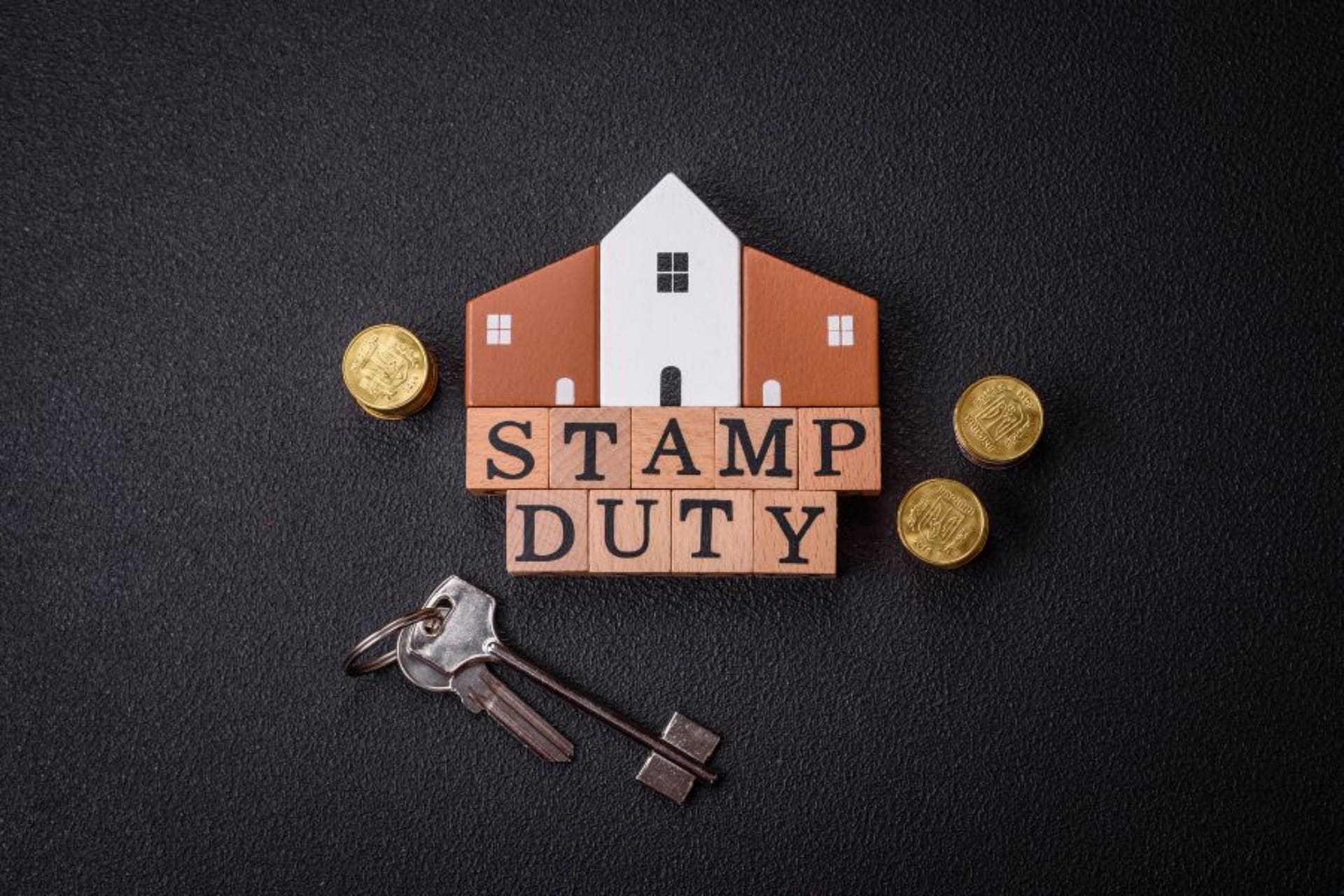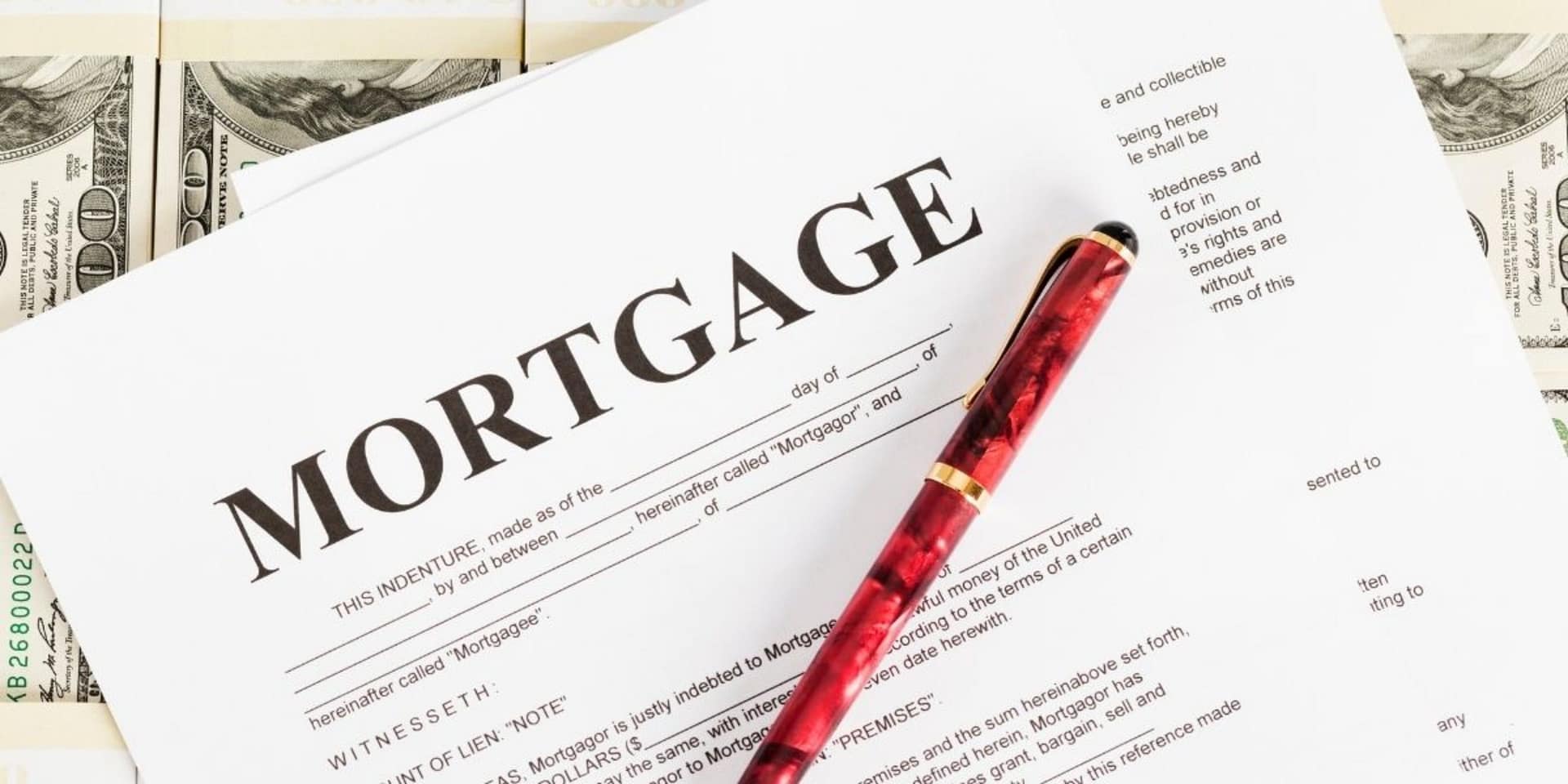In property transactions, both buyers and sellers in Australia must fulfil certain obligations, one of which is giving vacant possession. This is a legal term used in property transactions that means the property must be empty of tenants, personal belongings, and anyone else’s legal right to occupy it at the time of settlement. But what happens if the seller doesn’t meet this critical requirement?
This article explores the key issues around failure to give vacant possession, its legal implications, and what buyers can do when things go wrong.
I. What Is Vacant Possession in Property Transactions?
Essentially, when you buy a property, you should be able to move in or rent it out without anyone else being there. In Australia, vacant possession is typically a standard condition in most property contracts. This means that unless the buyer agrees otherwise (such as when buying a tenanted property), the seller is obligated to hand over the property completely empty.
Understanding the Concept and Legal Requirements in Australia
The law in Australia states that, in most cases, the property must be in the buyer’s possession on settlement day. This ensures the buyer has the freedom to take immediate control of the property and use it as they see fit. However, if the property is still occupied by tenants, former owners, or full of personal items, the buyer cannot truly use the property as intended. This would be a failure to give vacant possession, and legal consequences may follow.
If vacant possession is not possible on the agreed date, both parties should discuss it and find a solution. But if no arrangement is made and the seller does not clear the property, the buyer has legal options.
Also Read: Understanding Licence Agreement to Occupy Property in Queensland: A Detailed Guide
II. What Constitutes a Failure to Give Vacant Possession?
A failure to give vacant possession happens when the seller does not deliver the property empty or in a state where the buyer can take full control. This can include many different situations, such as:
Tenants Still Occupying the Property: If there are tenants who have not moved out by the settlement date, the seller has not provided vacant possession.
Personal Belongings Left Behind: If the property is full of the seller’s belongings, furniture, or equipment, this can be considered a breach of the contract.
Unwanted Occupants: In rare cases, a property may still have former owners or occupants who refuse to leave.
Illegal Structures or Alterations: Sometimes, a failure to remove illegal structures that were not approved by the buyer can also fall under this failure.
In each of these scenarios, the buyer is not able to take complete and unrestricted control of the property, which can cause significant inconvenience and costs.
III. What Are the Legal Implications for Failing to Provide Vacant Possession?
The legal consequences of a failure to give vacant possession can be serious. Both the seller and buyer are affected, and disputes may arise if the problem is not resolved promptly.
For the seller, failing to provide vacant possession can result in:
Financial Penalties: The buyer may be entitled to compensation for costs like additional rent, temporary accommodation, or lost rental income if the property was meant to be rented out.
Contract Termination: In some cases, the buyer has the right to cancel the contract altogether, especially if the failure to give vacant possession is severe or ongoing.
Court Action: The buyer may take the seller to court to enforce the contract or claim damages. This could result in expensive legal fees and further financial loss for the seller.
For the buyer, this failure can lead to:
Delays in Moving In: If the property is not available as agreed, the buyer may need to find temporary housing, which can be costly and inconvenient.
Loss of Rental Income: If the buyer intended to lease the property, they may lose income due to the delay.
Legal Costs: In some cases, the buyer may need to take legal action to resolve the issue, which can be expensive and time-consuming.
IV. What Are the Seller’s Obligations Regarding Vacant Possession?
The seller’s primary obligation is to ensure that the property is ready for vacant possession by the settlement date. This means:
Removing All Personal Belongings: The seller must take all furniture, equipment, and other items that belong to them before the settlement.
Ensuring the Property Is Empty of Occupants: If there are tenants in the property, the seller must ensure they vacate before the buyer takes possession unless the buyer has agreed to keep the tenants.
Fixing Any Legal Issues: If there are legal disputes or rights to the property that prevent the buyer from taking control, the seller must resolve these issues before settlement.
Delivering the Property in the Agreed Condition: The seller must ensure the property is in the same condition as agreed in the contract, with no significant changes, damage, or illegal structures.
Failing to meet these obligations can lead to legal disputes, and the seller may be held liable for any financial losses the buyer suffers.
Facing Issues with Vacant Possession?
If you need expert advice on your property transaction, CJC Law is here to help. Our team of conveyancers can guide you through every step when selling your property to ensure your rights are protected. Contact us today for a consultation and let us help make your property transaction smooth and hassle-free.




